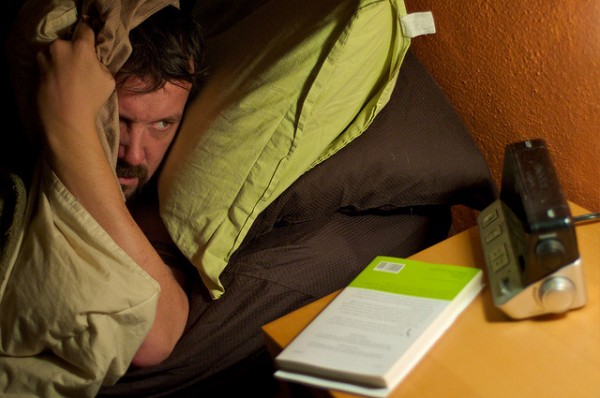Sleep Deprivation Reduces Brain Volume and Cognitive Abilities in Older Adults: Study

Brains of adults who are sleep deprived ages faster, finds a study.
Inadequate rest and less sleep in adulthood causes stress, anxiety, fatigue and memory loss that affects their quality of life and work productivity. Experts from the Duke-NUS Graduate Medical School, Singapore, found less hours of sleep hasten the aging of brain by shrinking in overall volume. Drastic variations in the size and structure of brain are related to decline in cognitive skills and memory power in later years.
Their study observed sleep patterns of nearly 66 participants aged 67 on average who underwent tests to measure their neuropsychological testing. The subjects' brain structure and activity was recorded at the beginning and two years after the trial. The average sleep duration of the participants was 6.7 hours and their sleep efficiency varied according to age.
The results revealed individuals who slept for less number of hours daily had significantly higher rate of cognitive decline and brain shrinkage than those who had adequate sleep.
"Since the brain is responsible for cognitive abilities, faster shrinkage of the brain is associated with decline in cognitive performance," Michael Chee, study author and professor at Duke-NUS and principal investigator of the school's cognitive neuroscience lab, told FoxNews.com.
"Statistically, the person with shorter sleep has about a .5 percent rate of decline faster than normal sleepers," he adds.
The authors advise people of all age groups to ensure they get sufficient sleep at night to allay the risk factors for mental illnesses and age-related impaired brain functioning. They suggest sleeping for not less than seven hours to boost brain capacity and preserve thinking skills.
"Sleep duration may not be something within your control in your later years. The results may be a reflection of accumulated changes. We hope it's a modifiable risk in younger people, but here's evidence later in life, which is why we think the study is interesting," said Chee, reports the FoxNews.com.
Although the study size was limited, the authors believe the duration of the investigation, four to six years, accurately helped associate the effects of sleep on brain shrinkage during old age.
More information is available online in the journal Sleep.
Jul 02, 2014 07:38 AM EDT




